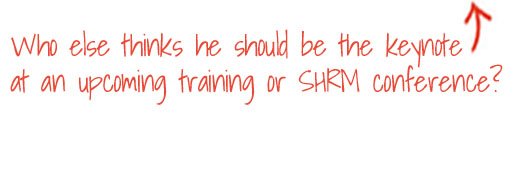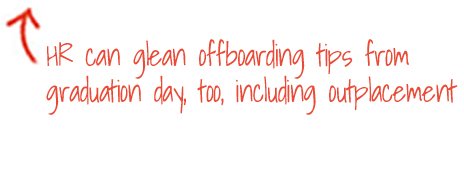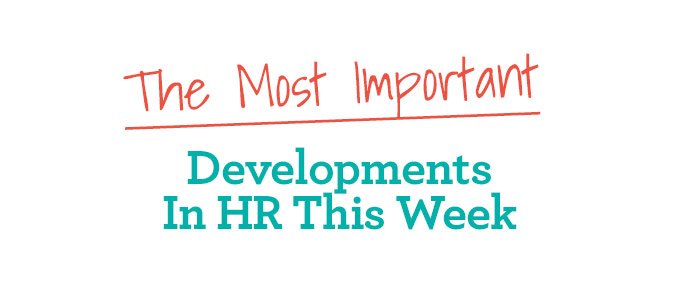
It was an unlikely win-win this week for actor Geoffrey Owens and Trader Joe’s. Owens, who starred in The Cosby Show some two decades ago, was photographed at his job as a cashier at Trader Joe’s and the pic found its way online. Let the snarky job shaming begin! Only it didn’t. Instead, Owens received an outpouring of support, especially from creative types who also take side gigs between acting jobs to make ends meet. The melee caused him to resign from TJ’s, but the company stepped up, calling his resignation a “temporary leave of absence,” with the door wide open if he wanted to return. That kind of caring about its employees is why Trader Joe’s has a great reputation as an employer and is named to Glassdoor’s list of Best Places to Work year after year. The win for Owens? Tyler Perry got wind of this, respected Owens’ hustle between gigs, and called, asking him to join the new series he’s filming for OWN. This whole story makes us feel good. Inc.


Does a person’s socio-economic background matter in the workplace? A new article in the HBR says it does, specifically for professional people who grew up in poor or working-class households. The theory: class “migrants” have unique skills that people who grew up with a silver spoon might lack: more risk taking, less narcissism, a strong work ethic, common sense. But they can have career-stalling problems, too, like being unwilling to self-promote and trumpet accomplishments, which goes against the blue-collar norm of modesty. Unconscious class bias lurks in the hiring process, specifically in determining culture fit. If a candidate lists golf, sailing, and classical music as hobbies on a resume and that enters into your culture fit decision, you may have class bias going on. The whole point is, diversity in gender, race, age, and now, class, make the workplace stronger.




What is it with all of these studies using fake resumes recently? Here’s the latest: Researchers at Notre Dame wanted to know if there was a correlation between job applicant addresses and callback rates. So they sent out false applications for jobs in the D.C. area, with real local addresses. Same qualifications and experience, differing addresses. The results found that callback rates decreased by 1.1 percentage points for every mile away applicants lived from the workplace. What’s that about? Studies have found longer commute times hurt productivity, increase absenteeism, and can lead to problems with reliable transportation to the job. But hiring only the people who live close by can send HR down a rabbit hole of discrimination, especially if you weed out people from certain zip codes that have more ethnic populations. WTOP


This was the first week of classes for students nationwide (and their teary, photo-snapping parents). HR can take some cues from this fall ritual that might provide for smoother onboarding process, namely: A week before a new hire’s start date, send orientation materials. Include a company description and organizational chart (complete with his or her name in the appropriate spot) and a checklist of tasks like signing up for benefits and other HR forms to fill out. Also: get the new hire’s desk, cubicle or office tricked out ahead of time with everything he or she needs to hit the ground running the first day (school supplies), and assign a peer to mentor the new hire through his or her first days, like they do in many high schools and colleges. Make sure the new hire’s team takes him to lunch on the first day. Studies show that new hires stay longer if there’s a great onboarding process, so it’s worth the effort for HR to get this right. Workforce










